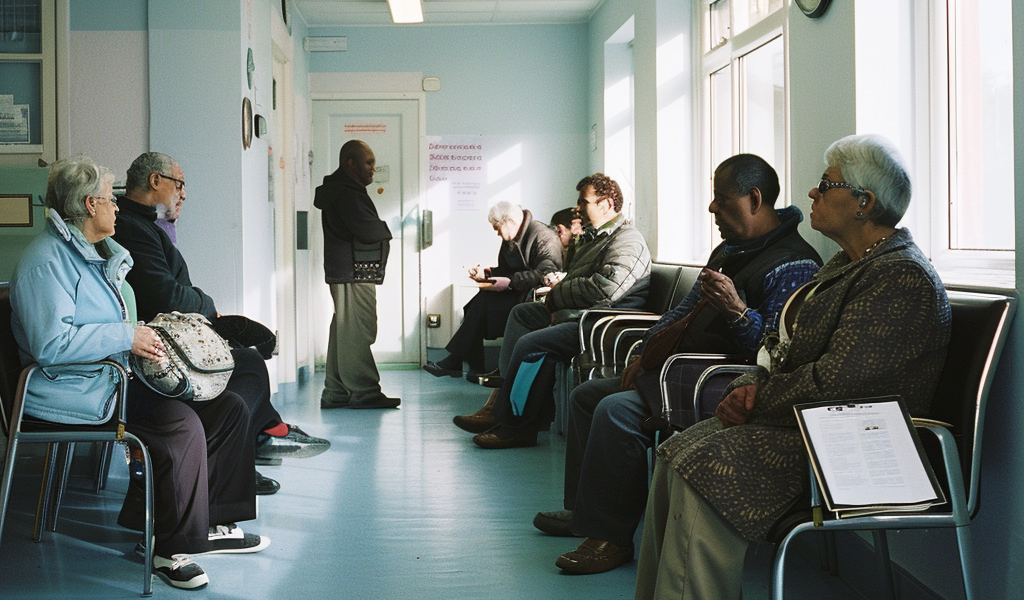In a startling development, the NHS Leeds and York Partnership NHS Foundation Trust has announced the temporary closure of its adult ADHD services due to an overwhelming backlog of cases. The decision comes as the waiting list for an appointment has ballooned to an astonishing ten years, leaving many prospective patients in a state of uncertainty and frustration.
According to the Trust’s statement, it currently manages to see only 16 patients each month while receiving a staggering 170 new referrals during the same period. This means that the clinic is facing a situation where it is being assigned ten times the number of patients it can accommodate. For individuals referred today, the grim reality is that they may have to wait a decade before receiving an assessment.
This unprecedented waiting time has raised significant concerns among healthcare professionals and advocates, who fear that the closure of the NHS service may push more patients toward the private sector. Experts warn that private clinics are often more inclined to diagnose ADHD and prescribe potent medications, which could lead to a surge in prescriptions and potential misuse.
Dr. Chris Hosker, the medical director of the Trust, expressed understanding for the distress this news would cause to those seeking ADHD assessments. He acknowledged the overwhelming challenge faced by the Trust and emphasized the need for transparency regarding the situation. “Our ADHD Service’s waiting list will just continue to grow if action is not taken,” Dr. Hosker stated. He highlighted the ethical dilemma of continuing to accept referrals when the service cannot meet demand.
In light of the crisis, the Trust plans to conduct a thorough analysis of its current waiting list, which comprises around 4,500 individuals. The aim is to triage cases and prioritize those with the most pressing clinical needs. This approach seeks to ensure that patients who require urgent intervention are seen in a timely manner.
The closure of the ADHD service comes at a time when prescriptions for ADHD medications have surged dramatically. Over the past six years, the number of prescriptions has doubled, a trend that some attribute to the influence of social media and celebrities who promote the use of such medications for improved focus and productivity.
As the ADHD crisis unfolds, many are left wondering about the future of mental health services within the NHS. The situation highlights the urgent need for increased funding and resources to address the growing demand for mental health care, particularly for conditions like ADHD that have historically been underdiagnosed and undertreated.
With the NHS grappling with these challenges, the implications for patients are profound. Individuals seeking help for ADHD may find themselves navigating a complex landscape of options, weighing the risks and benefits of private versus public care. The potential for increased reliance on private services could exacerbate existing inequalities in access to mental health care, particularly for those who may not have the financial means to seek private treatment.
The situation also raises questions about the broader implications of mental health awareness in society. As conversations around ADHD and other mental health conditions become more prevalent, there is a pressing need for comprehensive, accessible care that meets the needs of all patients, regardless of their circumstances.
As the NHS Trust works to manage the fallout from this crisis, it remains to be seen how the situation will evolve. The hope is that by prioritizing those in greatest need and advocating for increased resources, the Trust can begin to address the backlog and provide timely care for individuals seeking ADHD assessments.
In the meantime, patients are encouraged to stay informed about their options and consider reaching out to support networks and advocacy groups that can provide guidance and assistance during this challenging time. The need for a collaborative approach to mental health care has never been more critical, as the demand for services continues to rise amid a backdrop of systemic challenges.





